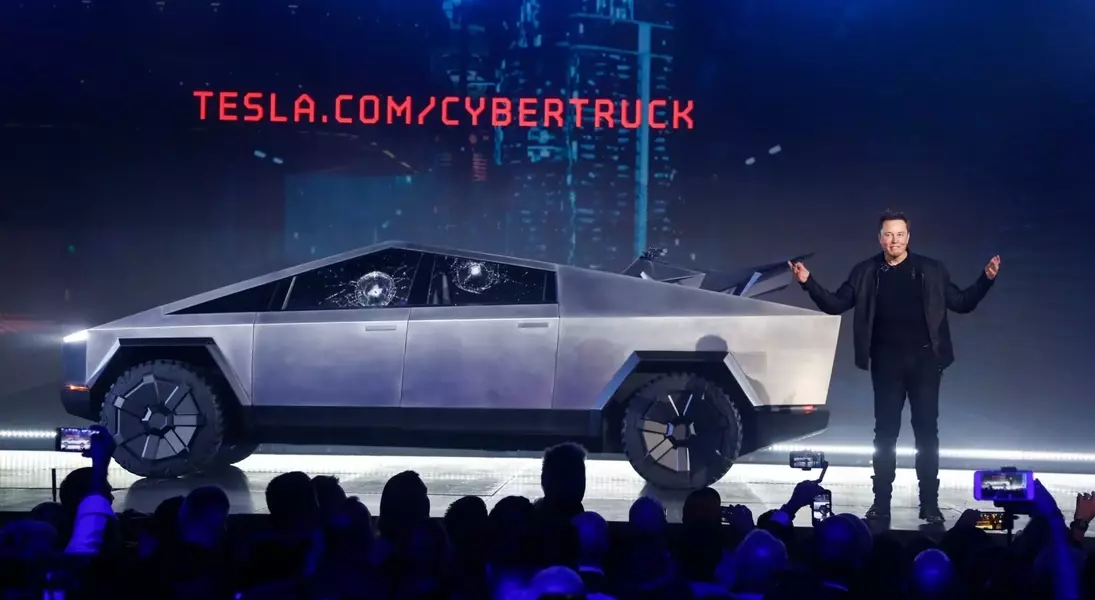
Recently, an unusual entry in the State Department's 2025 procurement forecast has sparked widespread debate. The document initially listed a $400 million expenditure for "Armored Teslas," which later prompted edits to remove any mention of Tesla. This peculiar incident garnered significant media attention, with discussions on major platforms like MSNBC and in publications such as the New York Times. The saga raises important questions about government transparency and public perception of federal spending.
The controversy began when Drop Site News highlighted the unusual line item. The State Department planned to spend $400 million on armored electric vehicles, initially specifying "Tesla" as the manufacturer. After the story broke, the department revised the document, removing all references to Tesla. Elon Musk, CEO of Tesla, denied any knowledge of a $400 million contract, adding fuel to the fire. The event highlights the complexity of interpreting federal budget documents and the importance of understanding how these documents are used in planning.
Understanding the context is crucial. The Procurement Forecast is not the final budget but rather a preliminary document outlining potential expenditures. It serves as a planning tool required by law, indicating funds the State Department anticipates spending but has not yet committed. In this case, the forecast mentioned "Armored Tesla (Production Units)" with solicitation and award dates set for May and September 2025, respectively. However, no official contract had been awarded at that point.
The State Department confirmed that it was exploring ways to armor off-the-shelf electric vehicles, part of a broader initiative under the Biden administration. The DEAV division, responsible for defensive equipment and armored vehicles, issued a Request for Information (RFI) seeking proposals on how companies could modify electric vehicles for government use. Only one company responded to this RFI, and further actions were put on hold.
Beyond the immediate controversy, the incident underscores the broader implications of government procurement practices. Elon Musk's vast wealth from various contracts and his public denial of involvement add layers of complexity. Editing the document after it attracted attention appears suspicious, even if the State Department claims it was correcting a mistake. Such actions raise concerns about transparency and accountability in governmental operations.
As we move forward, it's essential to focus on meaningful issues within government processes. Scrutinizing procurement documents can be valuable, but it's equally important to understand their nature and purpose. Public scrutiny should aim to enhance transparency and efficiency rather than getting entangled in speculative narratives. By fostering a better understanding of how our government operates, we can ensure more productive and informed civic engagement.
